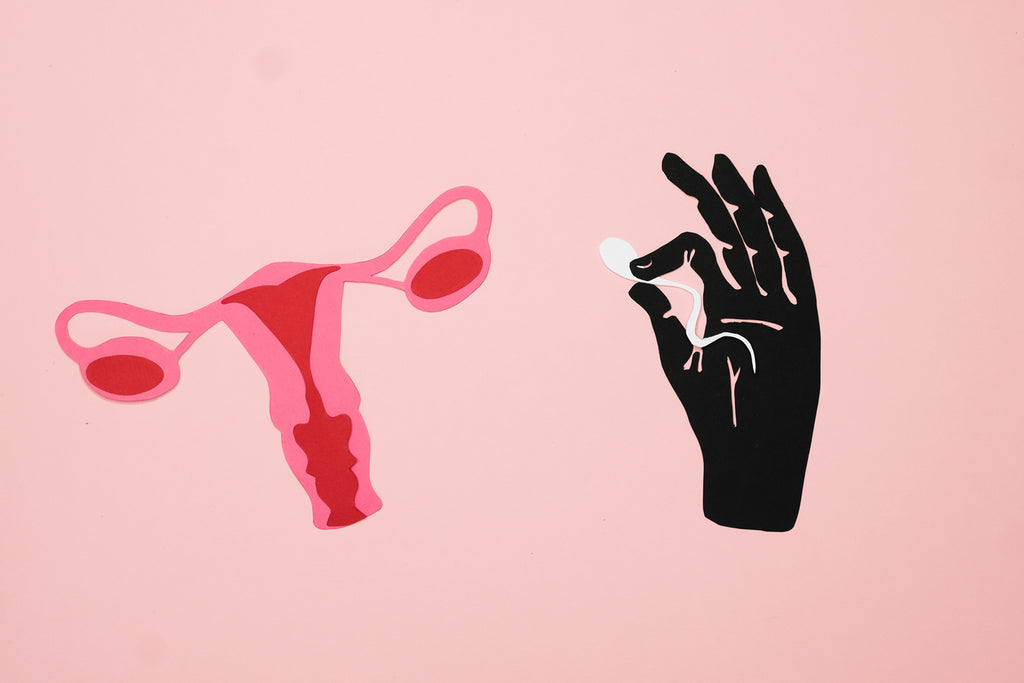The egg retrieval process straightforward, but it involves many steps over several weeks, and includes a brief recovery period.

Egg retrieval and donation has come a long way over the years, so nowadays, the procedure itself doesn’t take too long.
You can do it at a fertility clinic, and the side effects are minimal for most women!
Still, it’s completely understandable to have reservations about egg retrieval if you don’t know the facts, so we’ll explain everything about the process you should know before reaching out to a clinic.
We always aim to educate potential surrogates, or intended parents about all the options, and how egg retrieval actually occurs is a common topic of discussion.
What is egg retrieval, and how does it work?
Egg retrieval involves having mature eggs collected from ovaries and fertilized by sperm by lab technicians. Then, the fertilized eggs are inserted into the uterus so as to catalyze pregnancy!
The first steps involve ensuring that you’re healthy enough to undergo the procedure, including all related fertility medications and injections. Expect the screening to be pretty thorough, and it’s for your safety.
During this step, you’ll give blood and urine samples and provide a family medical history before the final approval. You also have to be a non-smoker living in a non-smoking household and meet specific body mass index requirements.
In other words, the healthier you are, the more likely you’re a candidate for egg retrieval!
The initial medications you take will be hormone injections, making you produce more ova than a regular menstrual cycle. You’ll receive your first shot at the clinic, but the rest of them you can take at home while you wait. The timing is crucial, but after ten days or so, the physician will administer the final “trigger shot” and move on to remove the ova about 36 hours later.
For what reasons would a woman retrieve her eggs?
Donating eggs is a common procedure in the fertility industry! It is an impactful way to help a family in need.
Some want to help others start families, but don’t want to be an actual surrogate themselves. These women may consider egg retrieval instead.
During in vitro fertilization, as many healthy and mature ova as possible are collected during a single ovulation cycle to maximize the success rate for insemination.
Depending on the cause of infertility, one may undergo an egg retrieval to fertilize an embryo with your partner’s sperm before inserting it back into your womb.
You might undergo the egg retrieval process to preserve ova for future use along those lines, too. The reason might be that your eggs are as healthy as they used to be, so you freeze them while you can still produce viable ones.
While less common, there are some medical conditions that can diminish egg quantity. Women also naturally produce fewer eggs as they get older.
How long does the egg retrieval process take?
You might find it surprising that the process takes less than an hour!
In fact, a skilled physician can perform the entire thing in about 15 minutes.
The recovery period from the mild anesthesia will likely take longer than the actual retrieval.
That’s another reason many women decide to take the leap of faith since the final steps are the easiest!
Does egg retrieval hurt?
Egg retrieval requires sedation since the physician will be inserting an ultrasound probe with a special needle designed for extracting eggs from the ovaries. You really dont want to be awake during this part, so youll be sedated for the duration.
Afterward the egg retrieval procedure, youll likely feel sore in the area, but the side effects rarely last longer than a few days. If they do, its always best to call your doctor.
Egg retrieval rarely causes severe complications, yet the risk is always part of the equation when it comes to fertility treatments.
You should call your doctor right away if youre experiencing heavy bleeding, severe dizziness, or pain that isnt lessening!
When will I know if egg retrieval was successful?
At most clinics, you’ll know whether or not the procedure yielded ovum before you go home. The catch is that you may not know for a few days how many of those eggs are viable for IVF or freezing for long-term storage.
Compensation at fertility clinics varies, so the success rate can influence how well you get paid.
As a rule, we recommend you ask very specific and detailed questions at each step to put your mind at ease!
What is the egg retrieval recovery process like?
Most women can recover in a day or two. Initially, you may experience some discomfort like soreness or bloating, similar to your menstrual cycle, but generally, it doesn’t take long to bounce back after an egg retrieval procedure. Just remember to bring someone to drive you home afterward because you’ll be sedated, and it may take a while for you to stop feeling drowsy!
As you can see, the egg retrieval process is fairly simple and straightforward. Providing that the procedure goes smoothly, the recovery process isnt long.
Plus, you’ll walk away knowing you did a great deed for someone who cant conceive naturally!
About SurrogateFirst
We’re a boutique surrogate agency specializing in quickly matching intended parents around the world with our fully-vetted, exceptional surrogates.
We help individuals and couples, regardless of race or sexual orientation, build their families through the miracle of surrogacy.
Every team member at SurrogateFirst is either a former intended parent or an experienced surrogate herself. We also have first-hand knowledge of what it takes to have an incredible, successful surrogate journey.
Speak with a surrogate today and learn more about how to become a surrogate or if you need to find a suitable surrogate to start your family!





